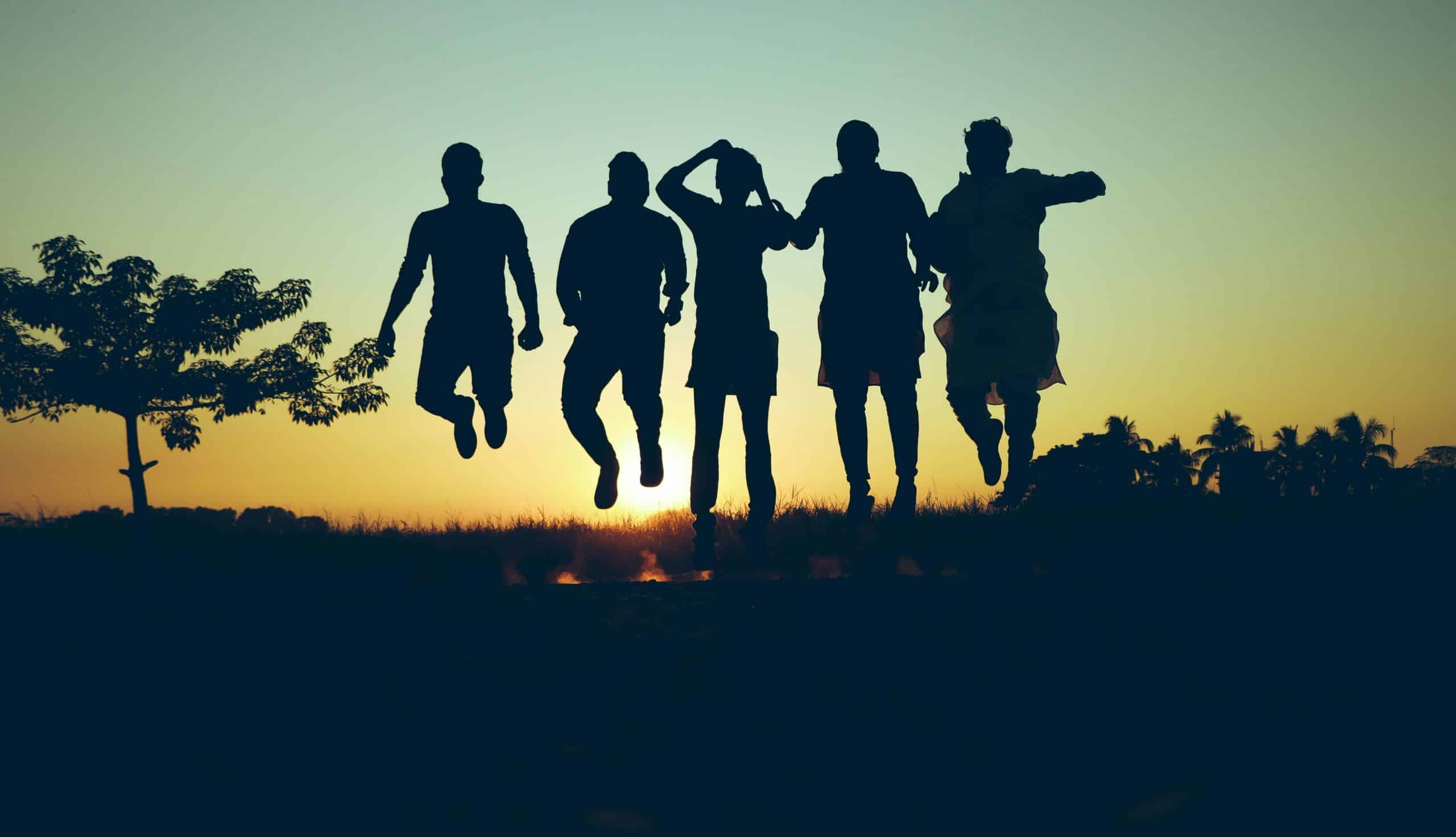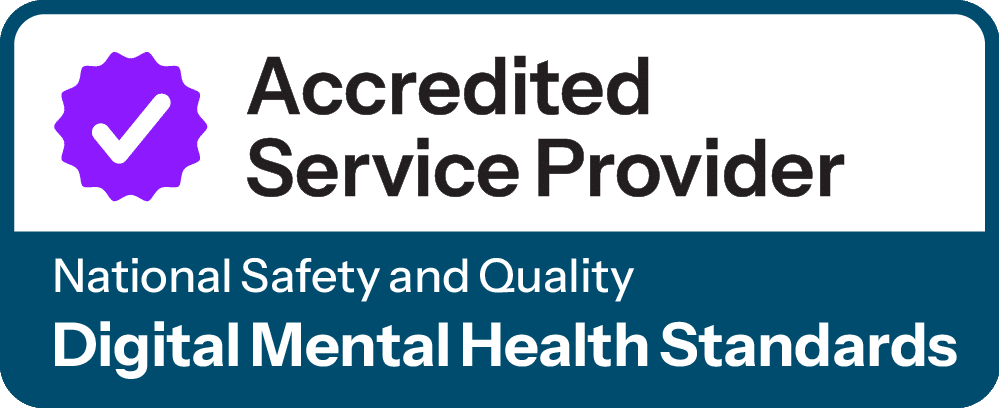
What happens when you cut down or stop drinking?
We all know that drinking alcohol is not the healthiest activity to engage in. But what exactly happens to our body and mind once we stop?
After as little as one month, you could see some benefits from reducing or quitting alcohol, like an uptick in physical health, mental wellbeing, mood, sleep, productivity and focus. Your social relationships could improve and you’ll have more money in your pocket!
If you drink every day or nearly every day, check with your GP before you stop drinking as you might feel worse before you feel better and need medical support. Find out about symptoms of withdrawal.
Sleep Better
Is your morning alarm a regular enemy? Drinking alcohol can wake you up repeatedly overnight as your liver works hard to remove it from your system. It can also disrupt sleep, particularly the restorative REM stage of sleep, and interfere with your breathing, causing you to snore.
Alcohol is a diuretic, meaning it kicks our kidneys into high gear to increase urine production, so going to the toilet overnight further disrupts that important slumber.
Quitting or cutting back on alcohol can help you get a deeper and more restful sleep, and leave you feeling brighter and more clear headed when the sun comes up.
Your Liver Will Thank You
Your liver’s job is to get rid of toxins, and as alcohol is primarily broken down by the liver, drinking large amounts makes it work hard. Over time, the liver becomes vulnerable to conditions of over work such as ‘fatty liver’ and cirrhosis (scar tissue replaces healthy liver cells).
Drinking more than the recommended level – that’s no more than 10 standard drinks a week for a healthy person and no more than four standard drinks in one sitting, with alcohol free days in between – is kinder to your liver. You can use our Drink Tracker to keep a count.
Thankfully, the liver has some capacity to repair itself, and you can help it along by reducing your intake or quitting alcohol entirely.
Lose those extra kilos
Afraid to step on the scale? A bottle of red wine, or about three and a half schooners of full strength beer have a similar number of kilojoules to a Big Mac! And it’s not just the kilojoules in the booze that’s the issue – alcohol can make you less inhibited and more susceptible to those tempting chips, nuts and snacks. If you’re feeling hungover the next morning, you might not feel like bounding out of bed and hitting the gym to burn up those pesky empty kilojoules.
Many people who cut back or quit drinking find the extra kilos melting away.
Reduced risk of health problems
Aside from weight gain and liver function, many other areas of our health can be affected by drinking too much. These can include higher than normal blood pressure, triglycerides (a type of fat in blood) and cholesterol, so heart health may suffer.
Over time, excessive drinking has also been linked to an increased risk of developing a painfully enlarged pancreas (pancreatitis), a weakened immune system, and several types of cancer.
Research has shown that cutting down substantially or quitting drinking can lead to improvements in a range of these important areas related to overall health.
Improved mental health
Alcohol affects brain chemicals, or ‘neurotransmitters’, which make up the communication pathway our brains’ use to regulate our thoughts, feelings and behaviours. Some neurotransmitters are boosted by alcohol so we often feel happy and relaxed after a drink or two. On the other hand, levels are low during a hangover, leading to feelings of anxiety, jitteriness, and irritability; the opposite of the night before. Read our article about ‘hangxiety’.
Due in part to alcohol’s interference with neurotransmitters, regular or high level drinking has been linked to feelings of anxiety and depression, while among people who already have these conditions, alcohol makes the symptoms worse.
Many people who have reduced drinking or stopped completely have shown improvements in their mental health over time.
The link between alcohol and mental health can be complex though, especially for people who have experienced trauma. So if you’re finding it hard to cut down on your own, or if anxiety, depression or other mental health issues persist, it’s important to see your GP for an accurate assessment and professional care.
Improved Relationships
Drinking alcohol in large amounts can affect the ways you interact with other people, and you may find yourself saying or doing things you regret later.
Drinking less, or giving up, can help you to respond more positively to others and allow you to focus on your important relationships. You’ll probably find that you’re more able to navigate the social landscape, rather than escaping it. You’ll have more time hangover-free to be a better spouse, parent, friend and employee.
Increased Productivity
Research suggests Australian workplaces pay a hefty price for alcohol-related accidents and injuries and lost productivity.
Fewer hangovers mean fewer sick days from work, fewer dangerous incidents, and improved concentration for work related tasks and overall work performance. Relationships with colleagues and supervisors may also improve.











i have a question ! when i stopped drinking beer a week ago i noticed i was getting kalidescope in my vision!it only lasted a few minutes so far (happened 3 times) is this something i need to be alarmed with?i know its a sign of stroke but it can also be related to blood sugar…
Jon, if you are still experiencing such symptoms, it’d be a good idea to see your GP for a medical check up.